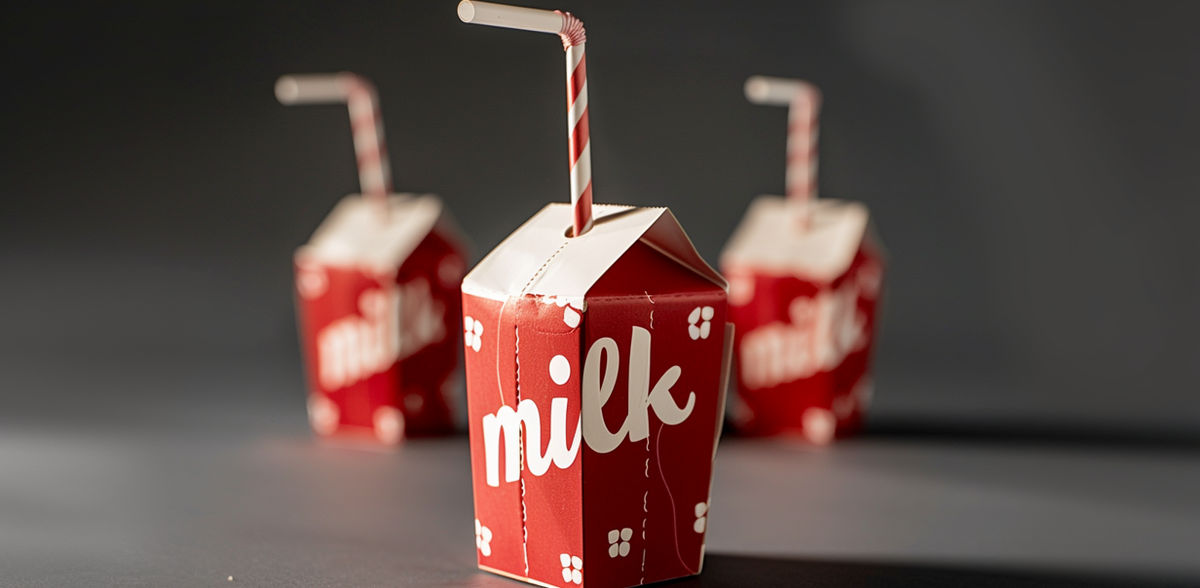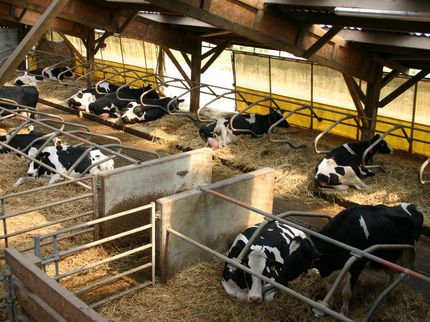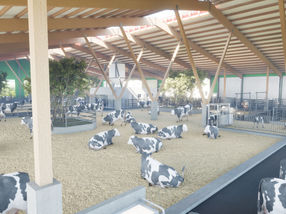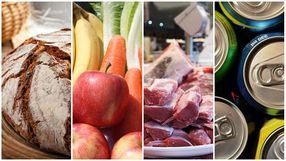Higher bacterial counts detected in single-serving milks
Advertisement
Cornell University scientists have detected higher bacterial counts in commercial, paperboard single-serving containers two weeks after processing than milk packaged in larger containers from the same facilities.
“These small paperboard milk containers are typically served in schools,” said senior author Nicole Martin, assistant research professor in dairy foods microbiology. “Since children are important milk consumers, we wanted to take a deeper dive into finding out what was going on.”
The scientists believe carton-filling machinery likely contributed to those higher counts in the post-pasteurization process. The research published in the Journal of Dairy Science.
Transportation and milk delivery routines to schools have changed in recent years, said Martin Wiedmann, professor of food science. Rural schools in New York once received fresh milk deliveries every two or three days, but now schools may receive deliveries once a week or less.
“Milk is a perishable product, and it is minimally processed, but it does have a shelf life and consumers expect that,” Martin said. “The imbalance of the shelf life between the larger containers and the smaller ones intrigued us.”
The researchers recruited four commercial milk processing facilities to collect data on single-serving carton samples of skim, white 1%, chocolate and chocolate 1% milk.
Over two initial sampling visits to four processors, the scientists found higher bacterial counts after seven and 14 days of storage, as well as slightly lower sensory scores (how the milk tasted) compared to high-quality samples.
For the first sampling visit, the Cornell scientists found no gram-negative spoilage (indicating bacterial presence) in any of the facilities’ freshly processed milk. By day 7, one facility saw gram-negative spoilage at 30%, which grew to 41% by day 14. The remaining three facilities saw single-digit gram-negative spoilage scores (3%, 8% and 6%) on day 7, rising to 19%, 23% and 14% by day 14.
The scientists followed up in the commercial facilities and learned that the carton-forming mandrels – those machinery parts that open the small, flat-lying, single-serving carton in the filling process – needed more attention and cleaning. Wiedmann acknowledged that due to its intricacy, the dairy processing equipment for single-serving paperboard cartons is tricky to clean.
“These are complex pieces of equipment,” he said. Members of his program helped to perform cleaning and sanitation at the commercial facilities to ensure consistency and to develop standard protocols.
“In the long term,” Wiedmann said, “our program can help improve the design of this equipment and perhaps make it easier to clean.”



































































